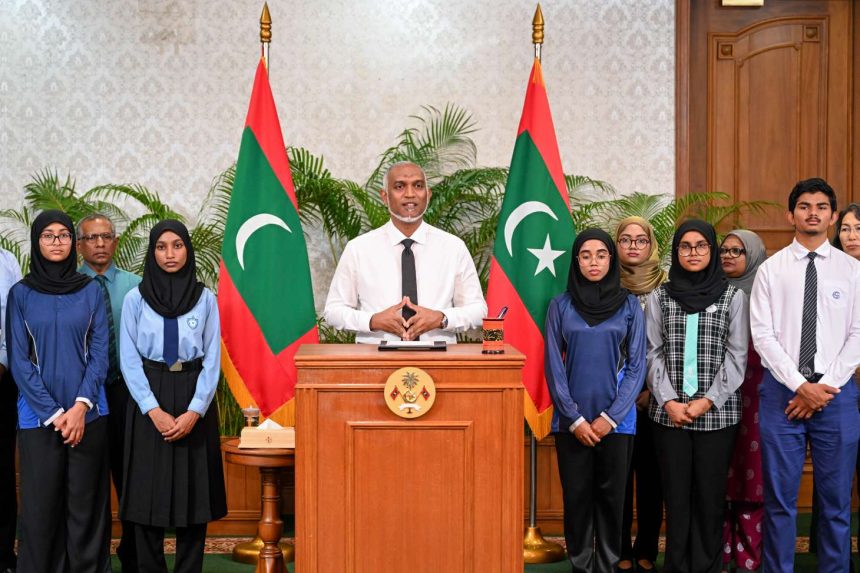Starting tomorrow, 1 November 2025, the Maldives will officially enforce the Generational Tobacco Ban, a landmark policy of President Dr Mohamed Muizzu designed to safeguard national health and protect future generations from nicotine addiction.
Ratified earlier this year, the legislation prohibits the sale of cigarettes and other tobacco products to anyone born on or after January 1, 2007. This means today’s youth will never legally be able to purchase tobacco in their lifetime, positioning the Maldives among the world’s pioneering nations to adopt a long-term strategy toward a smoke-free generation.
A Visionary Policy for Public Health
President Muizzu, who has championed the generational ban since assuming office, described the policy as a “bold investment in the nation’s health and productivity.” He said the Maldives must “distance itself from harmful habits that shorten lives and strain families,” urging collective national support for the new law.
Public health experts have hailed the policy as a major breakthrough, noting that tobacco use causes over 12% of annual deaths in the Maldives and costs the economy more than MVR 660 million each year in healthcare and productivity losses. The generational ban, they argue, will significantly reduce future burdens on hospitals and social services.
What Changes from Tomorrow
Effective from November 1, the Second Amendment to the Tobacco Control Act introduces wide-ranging restrictions:
- No tobacco sales to those born on or after January 1, 2007, ensuring an entire generation grows up smoke-free.
- Ban on individuals under 21 from working in tobacco-related sales or distribution.
- Transparent disposal systems for confiscated products, reinforcing accountability in enforcement.
Authorities have been preparing for months to ensure smooth implementation, with nationwide awareness campaigns in schools, workplaces, and media platforms.
Health, Economic, and Social Gains
By cutting off tobacco access to future generations, the government expects to see long-term declines in smoking-related diseases, increased life expectancy, and a healthier workforce. Economists estimate that reducing tobacco consumption will free hundreds of millions in state expenditure over the next decade.
President Muizzu has pledged to direct all tobacco-related tax revenue and fines into public healthcare programs, reinforcing that “the health of our people outweighs the profits of tobacco.”
Global Recognition
The Maldives’ decisive move has drawn international praise, with the World Health Organization recently recognizing President Muizzu’s leadership in tobacco control. Global advocacy groups, including Action on Smoking and Health (ASH), commended the Maldives for “placing people before profit” and setting a global example in public health governance.
With the law’s enforcement beginning tomorrow, the Maldives enters a new chapter in its national development journey — one where health, longevity, and youth protection take precedence. The tobacco generational ban stands as a testament to the Muizzu administration’s vision of a stronger, healthier, and more self-reliant nation.




